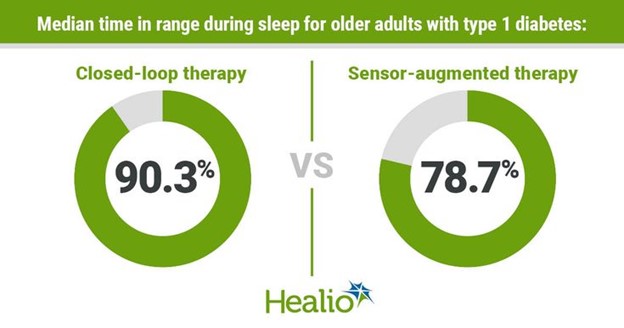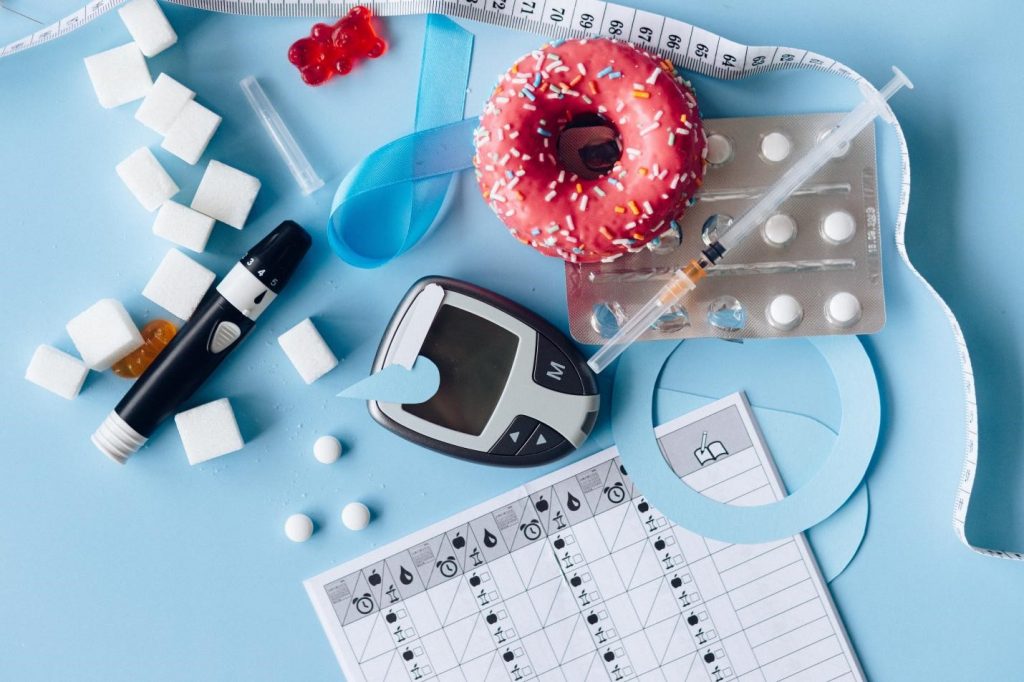Posts Tagged ‘supplements’
5 Air Fried Foods That Help You Stay Fit
Air fryers are a terrific way to spare time and eat healthily. It’s a kitchen appliance that gives you almost the same result as a deep frier but without the use of any oils. Spicy chickpea Chickpeas can be made in several ways. For instance, you can boil them and eat with curry, mash them…
Read More4 Out Of 5 Americans With Diabetes Went Into Debt To Pay For Insulin, New Survey Shows
Deb Gordon Amidst rising inflation, Americans are feeling the squeeze of higher prices on everything from gas to groceries. But when inflation bumps into the already rising cost of drugs such as insulin, the impact can be serious, and the stakes are high. According to a new study, released earlier this month from CharityRx, 79% of U.S.…
Read MoreDiabetes Wellness Visits Reduce Risk of Amputation
“Our results confirmed our hypothesis that Annual Wellness Visits are associated with a reduced risk of major lower-extremity amputations, highlighting the importance of connecting patients to preventive care services,” said Jennifer Lobo, Ph.D., a researcher in UVA’s Department of PublicHealth Sciences. Patients with diabetes who participate in a free Annual Wellness Visit covered by Medicare are…
Read MoreIncorporating Transverse-Plane Core and Rotation Work
When you watch someone hit a golf ball, throw a punch or simply retrieve groceries from the car, it’s evident that human movement occurs in all three planes of motion. Did you know that 87.5% of our core muscles are oriented either diagonally or horizontally? One action that these muscles perform is rotation (Santana 2000). The diagonal…
Read MoreSome Quality-of-Life Improvement Observed with Diabetes Self-Management Education
Diabetes self-management education is associated with improvements in patient-reported quality of life, though findings vary between different interventions, according to findings from a systematic review. “This research demonstrated that implementing components of diabetes self-management education can positively influence quality of life in adults and youth with type 1 diabetes,” Patricia Davidson, DCN, RDN, CDCES, LDN, professor in the department…
Read MoreLow Carb & Kidney Health
A paper published recently in Molecular Biology Reports highlights various mechanisms by which very low carb diets or ketogenic diets (KDs) may be helpful for chronic kidney disease (CKD). Although research supports the use of these diets for a wide array of medical conditions, exploration regarding efficacy for CKD is a new, emerging area. Being that diabetes,…
Read MoreBetter Overnight Time-in-Range, Worse Sleep Quality with Closed-Loop Insulin Delivery
Older adults with type 1 diabetes using hybrid closed-loop insulin pump therapy had more time in range during sleep, but worse sleep quality compared with those using sensor-augmented therapy, according to study findings. “This randomized trial provides the first evidence that, during objectively measured sleep, closed-loop automated basal insulin delivery improves time in range and…
Read MoreHas Your Wellness Journey hit a Plateau? When to Consider a Personal Trainer
If you feel you’ve reached a plateau in your wellness journey, you may be wondering if a personal trainer could help you. It’s worth considering, too, as many people turn to trainers when they lack motivation. This could be a great idea if your wellness journey is no longer moving forward. Or if you have…
Read MoreInsulin – Our body’s Biological Gateway Drug?
Insulin is a well-known drug not just in the field of medicine but to us all, and the reason might be its excessive usage by people with diabetes. Insulin, without a doubt, is the drug that is helping many people to survive and is also an essential part of in-home care programs that help with…
Read MoreLate Night Eating & Glucose Tolerance
The results of a randomized crossover trial were recently published in Diabetes Care, describing the effects of either an early or late “meal” on glucose tolerance. Nearly 900 Spanish adults (that normally have dinner later in the evening) had two oral glucose tolerance tests (OGTT, 2-hour); one conducted 4 hours prior to habitual dinnertime, designed to mimic an…
Read More









